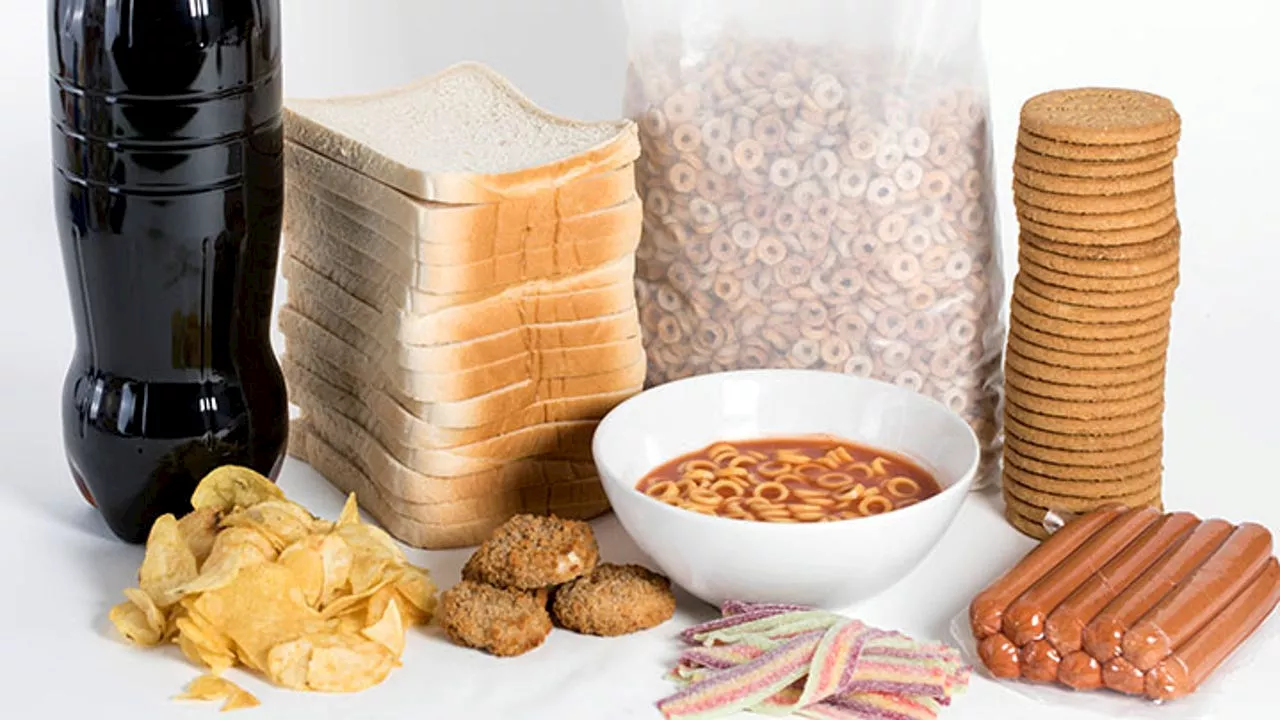A recent study conducted by researchers at the Mass General Brigham Cancer Institute has identified a concerning connection between the consumption of ultra-processed foods and an increased risk of early signs of colon cancer among young adults. The findings, published on March 15, 2024, highlight the rising prevalence of colorectal cancer diagnoses in individuals under 50, prompting urgent discussions in the medical community.
The research analyzed data from nearly 30,000 young, healthy women and concluded that a higher intake of ultra-processed foods correlates with a greater likelihood of developing colorectal precursor lesions known as colon adenomas. These foods, which include items such as boxed soups and frozen meals, are characterized by their use of industrial ingredients and long shelf lives. According to public health estimates, ultra-processed foods constitute approximately 70% of the average American diet.
Dr. Katherine Van Loon, a professor at the University of California, San Francisco (UCSF) and director of the UCS Global Cancer Program, emphasized the significance of these findings. “Every patient in my clinic is very, very young,” she stated, noting that while colorectal cancer rates are decreasing among those over 45, younger individuals are experiencing a troubling rise in diagnoses. This trend is contributing to increasing mortality rates from what is otherwise a preventable disease.
Previous studies have linked early-onset colorectal cancer to factors such as obesity, Type 2 diabetes, sedentary lifestyles, and diets high in red and processed meats. However, Dr. Van Loon has observed that many of her young patients do not fit these traditional risk profiles. “That’s why this study is so important,” she added. “It adds another layer to what may be driving this epidemic.”
Despite not identifying specific foods within the study, Dr. Van Loon noted that ultra-processed items are often the convenient options that many grew up with during the 1970s, 1980s, and 1990s. She believes that it is still possible for individuals to adopt healthier dietary habits. Drawing parallels with tobacco research, she asserted, “We know from tobacco research that when someone stops smoking, their cancer risk decreases,” suggesting that similar lifestyle changes could mitigate the negative impacts of prolonged ultra-processed food consumption.
To counteract these trends, Dr. Van Loon recommends prioritizing fresh foods, such as vegetables and unprocessed meats, and urges those aged 45 and older to undergo regular screenings for colorectal cancer. She also stresses the importance of addressing symptoms at any age. “If someone is experiencing bowel changes, blood in their stool, abdominal pain, cramping, or unexplained weight loss, they should see a doctor,” she advised. “Just because you’re not yet 45 doesn’t mean those symptoms don’t need medical attention.”
In conclusion, raising awareness and encouraging proactive health measures may play a crucial role in reversing the alarming trend of increasing colorectal cancer rates among younger adults. The findings from this study serve as a vital reminder of the potential health risks associated with ultra-processed foods and the importance of making informed dietary choices.






































































